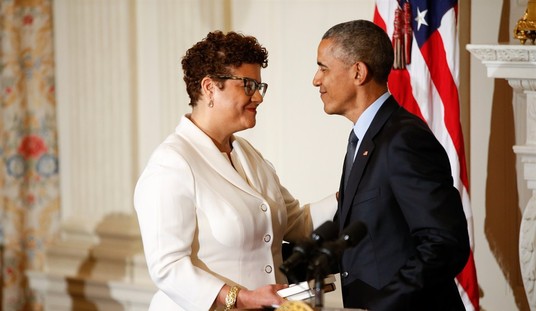The Institute for Justice won a big victory for mobile vendors in El Paso by having a protectionist zoning restriction repealed after filing lawsuits challenging their constitutionality. Street vendors had to conduct business outside of a thousand-yard zone where any other restaurants operated, a scheme that the city admitted had no basis in safety or health concerns. The local restaurant association pushed for the zoning restrictions as a way to protect their businesses, and the city responded by virtually outlawing mobile vendors from operating where potential consumers are:
IJ explained the fight in January:
Practiced since ancient times, street vending is more popular than ever. The Economist magazine predicted that in 2011 “some of the best food Americans eat may come from a food truck.” Vendors are the darlings of many food critics, and they even have their own reality show on the Food Network.
But El Paso, Texas, has recently made it illegal for mobile food vendors to operate within 1,000-feet of any restaurant, convenience store, or grocer. The city even prohibits vendors from parking to await customers, which forces vendors to constantly drive around town until a customer successfully flags them down–and then be on the move again as soon as the customer walks away.
Thus, while people across the country embrace mobile vendors for the vitality and creativity they bring to a local restaurant scene, El Paso has decided to threaten vendors with thousands of dollars in fines and effectively run them out of town. El Paso’s No-Vending Zone scheme is in place for one reason: to protect brick-and-mortar restaurants from honest competition. But economic protectionism is not a valid use of government power.
The idea that local government should protect one legitimate business from another is absurd. Even the almost-equally absurd attempts by Los Angeles to restrict fast-food franchises in low-income areas aren’t (explicitly) based on local protectionism, since higher-ticket restaurants are hardly rushing to fill vacancies in restaurant spaces in LA. Degrees of exclusivity in location are sometimes negotiated in private leasing agreements with landlords, but the city doesn’t have the right to tell one restaurateur that they can’t operate in the vicinity of another simply to protect one business at the expense of the second.
Do mobile vendors undercut restaurant business? Probably, but (a) only at the lower price points, and (b) that’s called competition. People who want a restaurant experience won’t be eating from roach coaches or ice-cream trucks. If the local McDonald’s or cheap eatery can’t compete on price and quality with the mobile vendors, why should consumers be denied the choice?








Join the conversation as a VIP Member